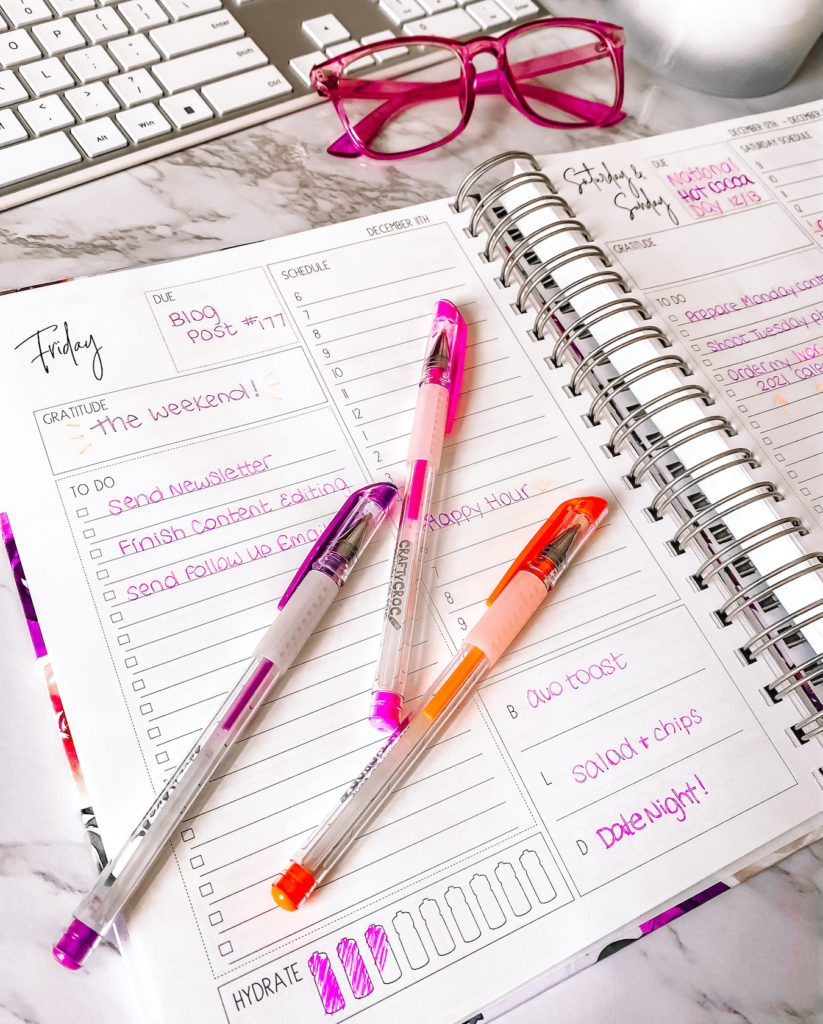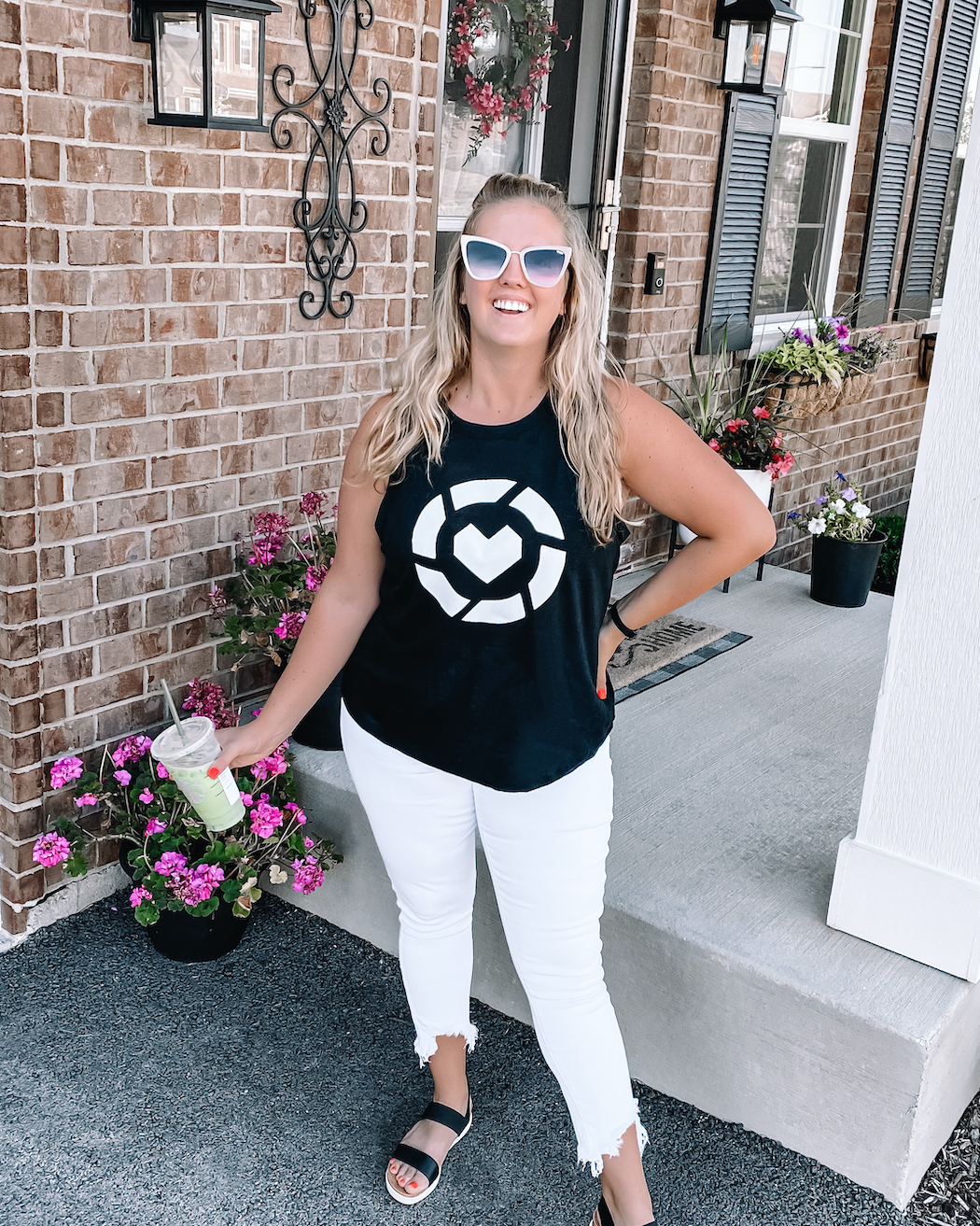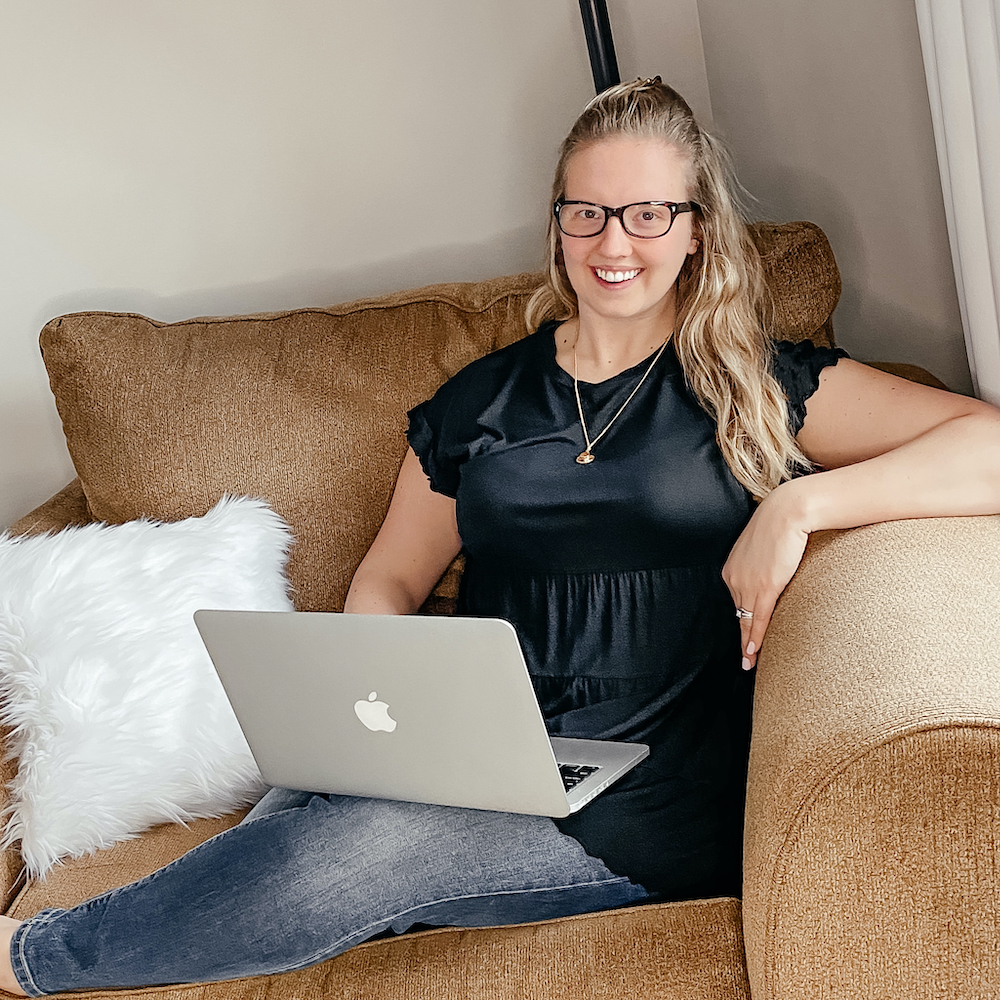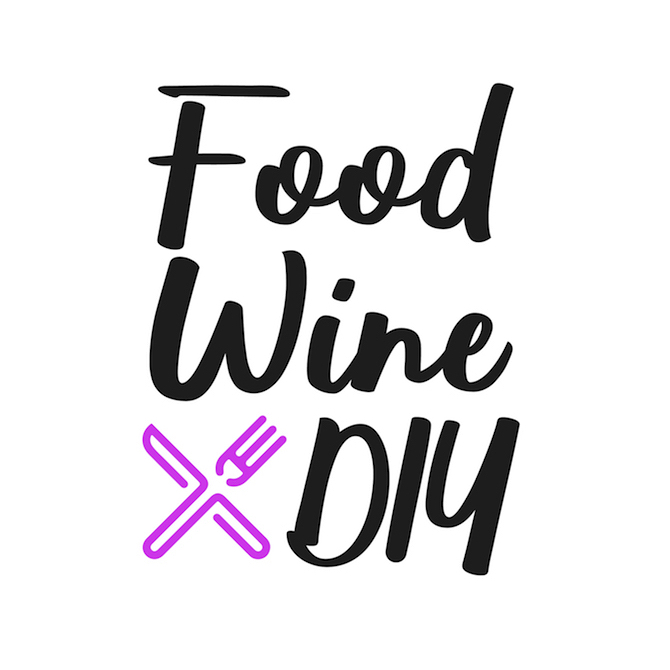Welcome to the first installment of Blogging 101 here at The Foodie’s Fit Home. These articles on starting a blog are free from me to you, as part of my commitment to help you become the best version of yourself you can be. My only ask is that if you find value in this learning please pay it forward by sharing these articles on Pinterest, social media, with friends or by joining my email list. Happy learning!

What is the Blogging 101 Series?
This series will be broken down into multiple posts, this being the first installment. Over the course of these posts I will cover these key points and more:
- Why I became a blogger
- Good and bad reasons to start a blog
- Things I wish I’d known about and/or started doing sooner as a serious, business-minded blogger
- Running a blog a business versus a hobby
- Explanation of tools and subscriptions I use to enhance my business, and my review of ones I’ve also tried and passed on
Reasons to Start a Blog
There are tons of great reasons to start this exciting adventure, but there are also tons of wrong reasons. Loving to write, share and help others were my driving reasons behind starting my blog. Just be sure you’re starting this big and exciting task for the right reasons or you’ll inevitably burnout from the less-than-glamorous work it takes to make it a successful business.
Good Reasons to Start a Blog
- Serve as a creative outlet for writing and/or photography
- Spread helpful knowledge about topics you’re proficient in or passionate about
- Create awareness about something important to you
- To keep in touch with distant family and friends
Bad Reasons to Start a Blog
- To make money
- Gain clout
- To leave your current job
You MUST have a passion for what you do because that’s the absolute foundation behind running any business. Paid campaigns should NEVER be the reason you become a blogger or influencer, they should be the pay checks that support your real passion. But even then, never sign onto campaigns that you can’t personally stand behind. We’ll be diving deeper into paid collaborations and campaigns in another installment.
If you don’t like to write, take photos, edit or generally be really creative and detail oriented, you’re not going to like blogging. That’s about 90% of the work most days. Not to mention the book keeping, brand management, digital asset creation, etc. that may not always be glamorous. However, all of the behind-the-scenes bookkeeping is fully worth it if you’re getting to live your dream.
Starting a Blog: What to Write
It’s perfectly natural to not have a laundry list of content topics when you’re first starting out. Sometimes you may even second guess why you’re starting because your list is so short, but don’t get discouraged. Following some 30 day blogging challenges are a great way to get the creative juices flowing. They’re great for beginners who want to sharpen their skills and put pen to paper right out the gate.
It’s great to use those challenges as lighter fluid, but they shouldn’t be what keeps the flame burning exclusively in a business model.
I do want to offer this advice though: if all you’re blogging about after a few months is what blogging challenge prompts are offering you, it may be time to re-evaluate if you’re looking to make a business out of blogging or if you simply want a place to write and express yourself personally. It’s great to use those challenges as lighter fluid, but they shouldn’t be what keeps the flame burning exclusively in a business model.
Have a ‘Planner Plan’
This will look different for everyone, but I recommend finding a planner or planning solution that works best for you. For me, it’s my All-In-One planner with Ivory Paper Co.
The daily breakdown and space for To Do lists is exactly what I need. Every day looks different so having an open form space to jot down notes and deliverables is invaluable. The Due box at the top is the PERFECT spot for noting what posts are due to go live that day.
I’m not here to sell you my planner, but I’m hoping this explanation gets you thinking about what might work best for you. Take note of how you work best, then find a product that makes that mold for you.
Keep An Open Mind
Be open to all new opportunities. You’re starting a blog and in most cases, that may be a brand new venture for you. You never know who or what will bring you value, so keeping an open mind is key.
Over the years, I’ve joined several blogger/influencer groups on Instagram and Facebook, not just for the engagement but to network with likeminded people. Most bloggers are solo artists; only mega influencers/bloggers really have a team, and thus teammates, but even then they’re probably photographers, etc. so it’s fabulous to have a network of bloggers you can chat with about technical issues, exchange war stories and bond. I consider my blogger friends to be my new version of ‘coworkers’ because they really understand the work now that I blog full-time.
Caution: Compare Culture is Real
While it’s important to have a strong circle of contacts, keep your blinders nearby. I love supporting my close blogger/influencer friends but I’m intentional about not following TOO many other influencers on Instagram because comparison culture is very real. There’s nothing wrong with enjoying content as a consumer yourself, so I encourage you to follow accounts you genuinely enjoy.
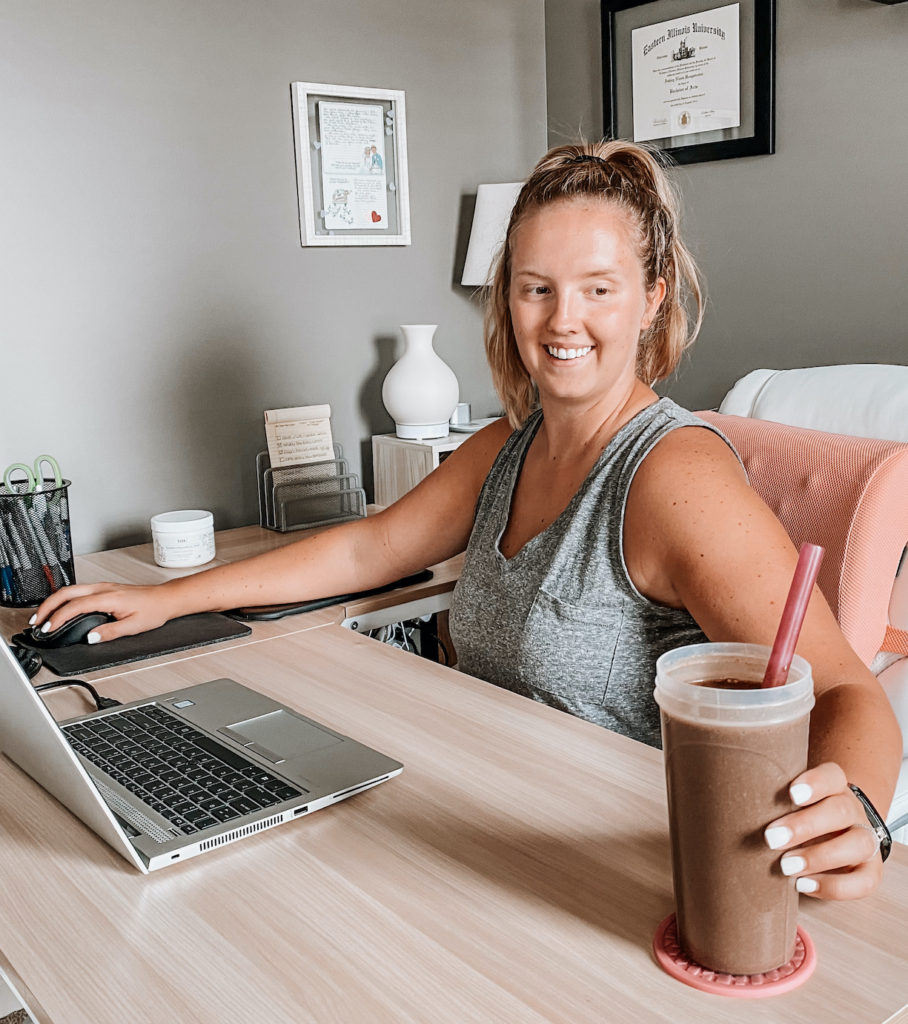
However, don’t make it a habit to follow every last influencer or blogger account you come across. It’s easy to start comparing your work to others’ work, which is especially maddening because not everyone’s goals as a blogger are the same.
Brand Your Blog
This can be the trickiest piece to navigate if you didn’t already have a name in mind. Personally, I’ve been through a few names. If you’re curious about why I changed my first name, check out my rebrand announcement post.
Unfortunately, this isn’t something you can easily come back and change later if you’re purchasing a domain, so it will need to be something you think through on the front end. If you’re creating a free blog on WordPress, Blogger, etc. you can more easily change the name at a later date, but that will mean no custom URL just yet. A note of caution: changing your name and subsequently your URL can cause linking issues later, so it’s best to not make name changes lightly.
I’ll talk more about my web hosting suggestions in the next post, but if you’re looking for a recommendation to get started, I use BlueHost and highly recommend them. They host your domain and you can use the very user-friendly WordPress web editor to actually build the site.
My Biggest Advice for Starting a Blog
The biggest piece of advice I have from the get-go is to host everything on your own site. My Instagram/TikTok/Twitter/Facebook bio links all direct back to my shopping page. It’s where my current specials and buzzy content live, and since it’s hosted on my blog, it conveniently links to the homepage for my latest posts.
Below are pages you can and should host on your site that you may already be using:
Shopping/Link in Bio Page
This includes my LIKEtoKNOW.it feed, current special promotions and other important information I’d like to be easily accessible to my audience. You can also easily create a link menu type aesthetic on many hosting platforms. So, ditch the Milkshake, Beacons or Link Tree URL and start pointing people to your own site for your resources and build up your traffic and ad revenue as a result!
Media Kit and Rate Sheet
I created a ‘Partnership Opportunities’ page that I provide to potential brand partners upon request. This page includes links to the live Canva pages of my media kit and rate sheet, a brief bit about me (with a link back to my more in-depth About page) and testimonials from my past brand partners.
Email List Signup Form
A lot of providers (Mail Chimp, Constant Contact, etc.) will provide you a page on their domain, but that’s driving traffic to their site. Instead, use one of their embedded forms and house it on your site, like I did on mine, so the sign ups add traffic to your domain.
The end goal when you have your own domain is to drive as much traffic to your site as possible. So, by hosting all of your resources on your own page, you’re doing just that.
That concludes lesson one! Are you still interested in starting a blog? I hope so! It definitely takes work, but so does anything worth having. Share your concerns, comments and questions below in the comments. Let’s open up a dialog and help one another out.
More Blog and Strategy Content
- Host Your Domain on BlueHost
- Blogging 101: Tools & Resources (part 2 of 4)
- Blogging 101: Monetizing Your Blog (part 3 of 4)
- Blogging 101: Advanced Blogging Strategy (part 4 of 4)
- Use Lightroom to Level Up Your Photos
This post contains referral/affiliate links. A small commission may be earned if products are purchased through my links. Thank you for supporting the brands that support this blog.

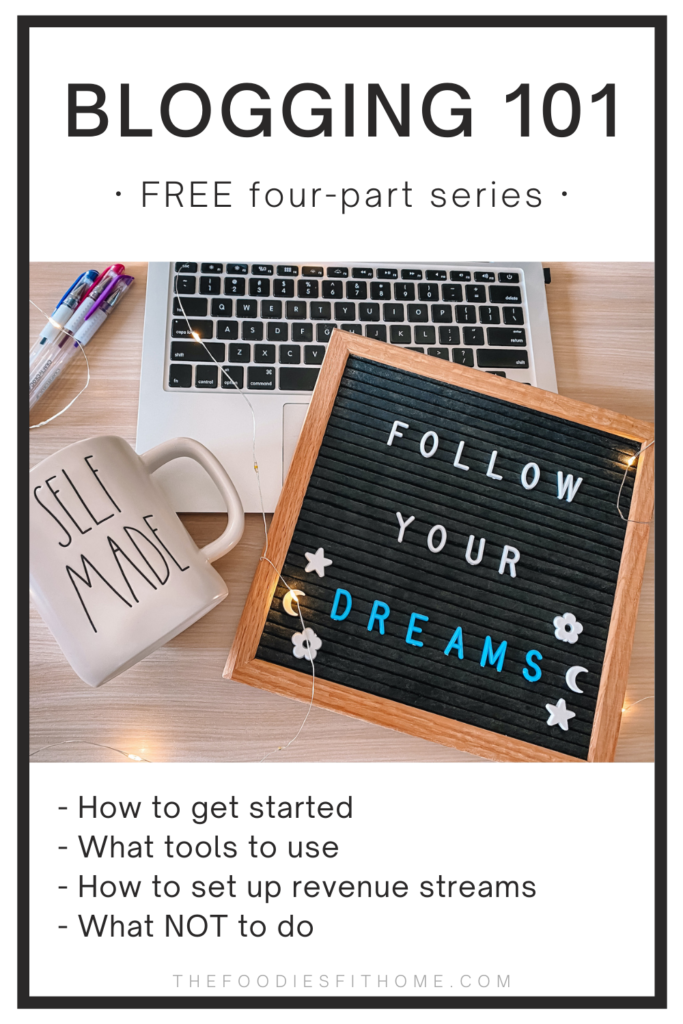

This post contains referral/affiliate links. A small commission may be earned if products are purchased through my links. Thank you for supporting the brands that support this blog.


